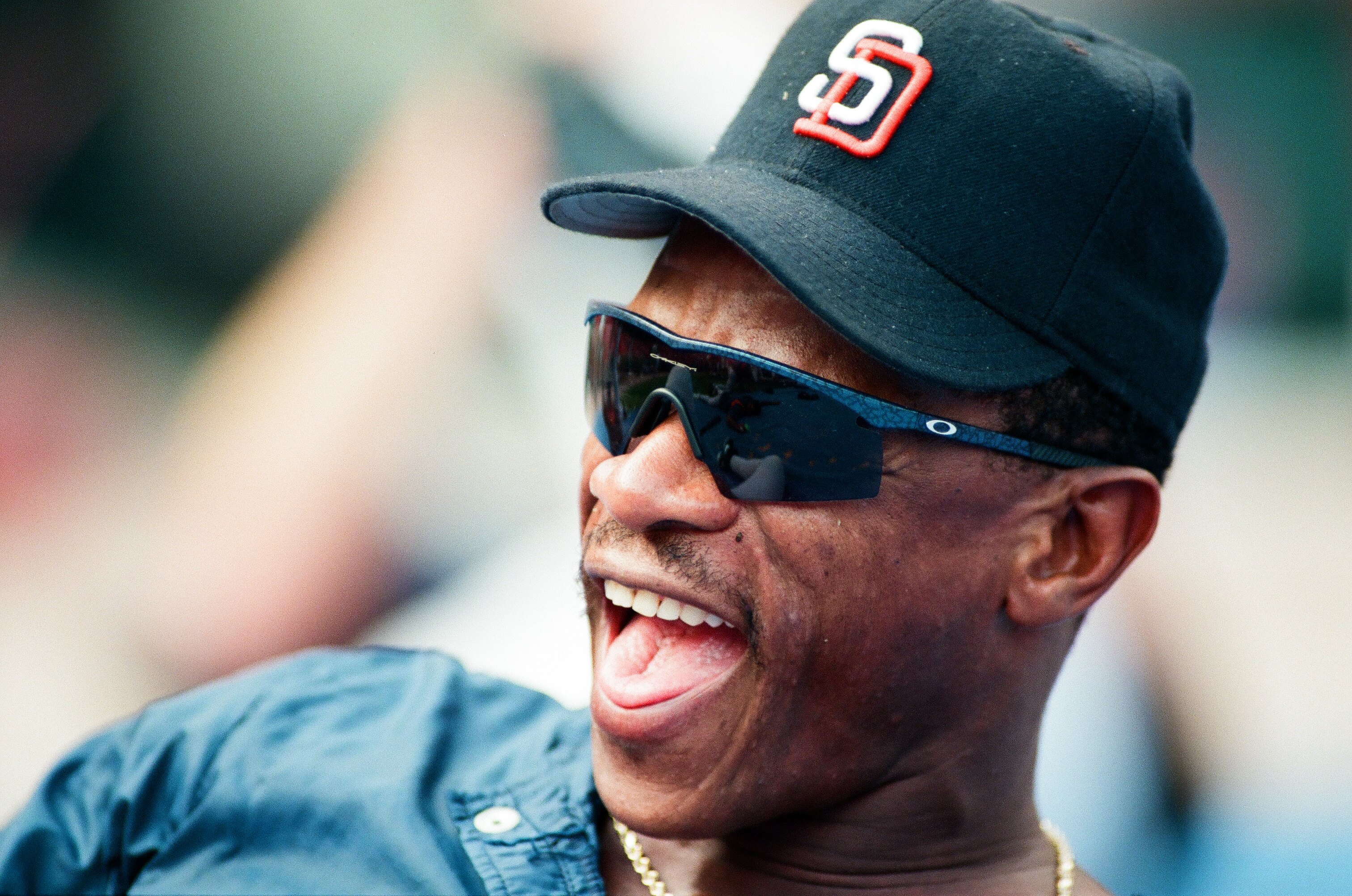Men who play in the NFL or the NBA receive paychecks with more zeroes than most of us see on a W-2 form.
But, while professional athletes are big earners, they're often even bigger spenders.
The pitfalls they face after retirement ---- well, let's say there are a lot.
Reports from athletes, players' associations, agents and financial advisors say 60 percent of NBA players are broke within 5 years of retirement.
Antoine Walker made $110 million in his career. Latrell Sprewell made $96 million. Both are now bankrupt.
It's even worse in the NFL, where a whopping 78 percent of players are in financial distress within 2 years of retirement.
Players like Travis Henry, Mushin Muhammed and Deuce McCallister made millions and are now near penniless.
SportsWrap
The top sports headlines of the day
The question is how? How is it possible to blow through that much money? It's actually a lot easier than you think.
“I got cut in 2005 from the Oakland Raiders, and before I got picked up by the Chargers I'd already spent $65,000,” said Akbar Gbaja-Biamila.
And Akbar Gbaja-Biamila was not even a high-earning player. It's not uncommon for high earners to spend a million dollars even with no paychecks coming in.
Akbar quickly realized he needed to make a change.
“I'd rather have financial security than for me to appear that I have financial security and be going through financial distress,” he said.
Most players never learn that lesson. They buy cars, boats, things that are discretionary items that have no place in a business portfolio.
Robert Griffith played 13 seasons in the NFL. He's successfully invested in several areas, and now owns Nico's Steak and Chop House in Chula Vista. But, he, too, had to learn to make an adjustment.
“I just started getting rid of all the stuff, all the cars I had, all the excess, I downsized my house,” said Griffith.
Griffith and Gbaja-Biamila agree there are three main issues leading to financial ruin.
First, there is often a complete lack of retirement preparation.
“Most athletes are first-generational wealthy,” said Griffith. “You know, their parents don't know what to do with the money. Maybe their uncle has some inkling. So you're dealing with guys who have not had the schooling or the education.
"I know guys personally that have put $4 million into a checking account. With no interest,” said Gbaja-Biamila.
Second, athletes often take care of friends and family before taking care of themselves.
“The number one thing is, you need to learn how to say no,” said Gbaja-Biamila. ”If you say no, you're gonna be a jerk. If you say yes, you'll say a thousand yesses until you finally say no, and you're still a jerk.”
“Trust me, I get calls a lot,” said Griffith. “Pressure's real.”
Third, pro athletes have spent nearly their entire lives defined as great athletes. When playing days are done, they have trouble finding a new identity.
“It's like getting a divorce. When it's over, it's OVER,” said Griffith. ”The first thing guys get out, they're looking for the next thing they can be successful at. And most of the time they throw money at that."
“And the pressure's on because everyone is looking at you like, hold on. You played in the league why don't you have this and why don't you have that? So you have the expectation to live up to what you used to do,” said Gbaja-Biamila.
Kevin Sweeney is a financial planner who works with professional athletes. He advises his clients to try and live on 10 percent of their salary.
A large chunk of the paycheck goes to taxes and agent fees, so he suggets putting the rest into long-term investments.
If a player makes a million dollars a year, he should live off $100,000 and invest the rest. Even if his career is relatively short, he'll retire a wealthy man and have choices for life after sports.
By the way, the worst offenders are definitely boxers. Evander Holyfield and Mike Tyson both made over $250 million and are somehow in financial distress



